“Freud, Jung and Occultism” by Nandor Fodor
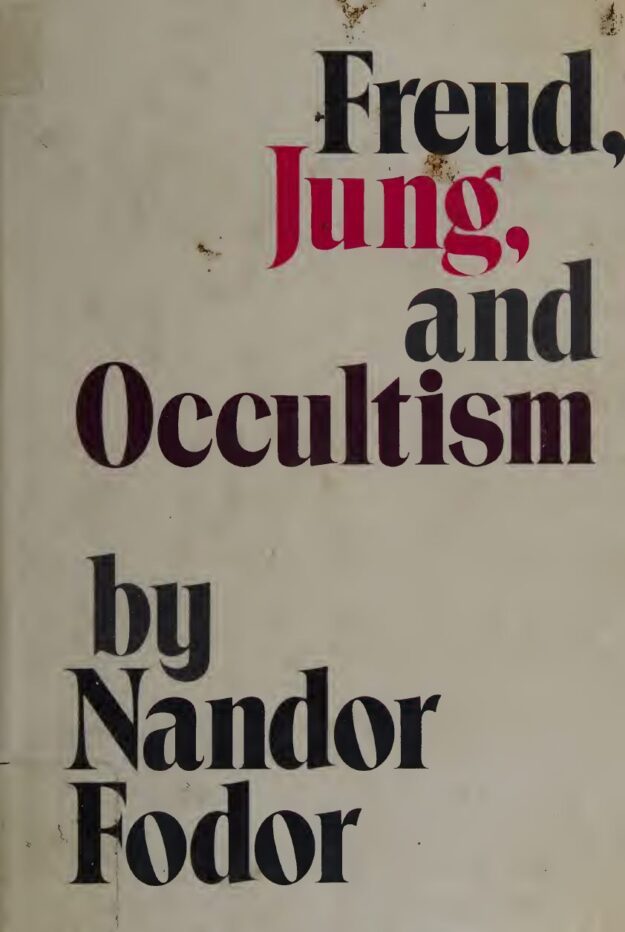
"Did the two giants of this century’s psychology—Freud and Jung—"believe" in the supernatural? In this absorbing study, Nandor Fodor has sifted through a wealth of notes and reminiscences to present the clashes and collaborations of the founder of psychoanalysis and the founder of analytical psychology concerning the occult.
Of Jung, the author says: "The discussion of Jung’s psychic participation must begin by taking a deep breath. It is a story so unbelievable, so fantastic that–ever since it was fully revealed—analytic psychologists have been staggering under the impact, psychoanalysts have ignored it as a fairy tale, and parapsychologists have found it a diet so rich that up to now they have not been able to digest it".
Of Freud: "With all Freud’s inclination to numerical superstitions and his propitiatory acts to avert misfortune, he was a hard-headed skeptic. Nonetheless, he was willing to be shown … even lending the study in his own home for a séance".
Fodor, a distinguished psychoanalyst, who at one time was "lone champion of the psychoanalytic approach to the problems of occultism", reveals and interprets—
—the reasons Sigmund Freud fainted on two occasions when he was with Jung
—the full story of how Fodor’s wife (and an armful of lilies) arranged an interview between Freud and Fodor to discuss Fodor’s controversial theories on the poltergeist phenomenon
—Freud’s premonitions of disaster, his superstitious preoccupations with his own death, and his theory of the significance of numbers
—Why Freud long felt it necessary to separate his personal interest in the occult from his "public image"
—Jung’s out-of-the-body experience (Chapter XX XVIII, "The First Time Jung Died")
—Freud’s investigations into the claims of mediums, graphologists, palmists, astrologers, the double, deja vu, premonitions of approach, omens, prophecy, the calculating horses of Elberfeld, and raps on furniture
—the childhood dream which perhaps set Jung’s puritanical attitude for the rest of his life ("He was so pure that, for all we know, his children may have been born from immaculate conception")
—why Jung said, "They would have burned me as a heretic in the Middle Ages!"
—what happened to Nandor Fodor when he took psychedelic drugs
—the story of how Jung came to write Seven Sermons to the Dead, and the pentecostal pandemonium that preceded the drama
—the real reasons for the break between Freud and Jung
This insider’s view of the exciting early days of psychoanalysis and the conflicts among its titans is provocative and challenging. It promises its readers intriguing accounts of "wild occult adventures", solid intellectual moorings, and material for endless probing and investigation into the mysteries of the human mind and of occult phenomena."
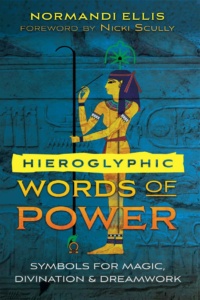
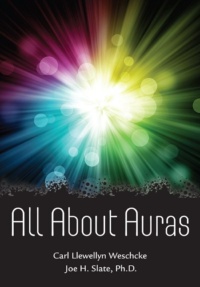
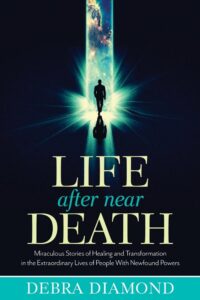
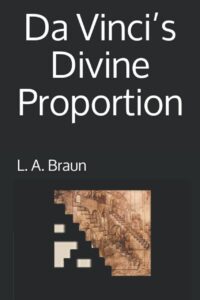


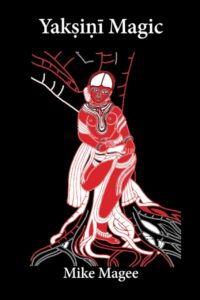


Comments and discussion can be found in the channel